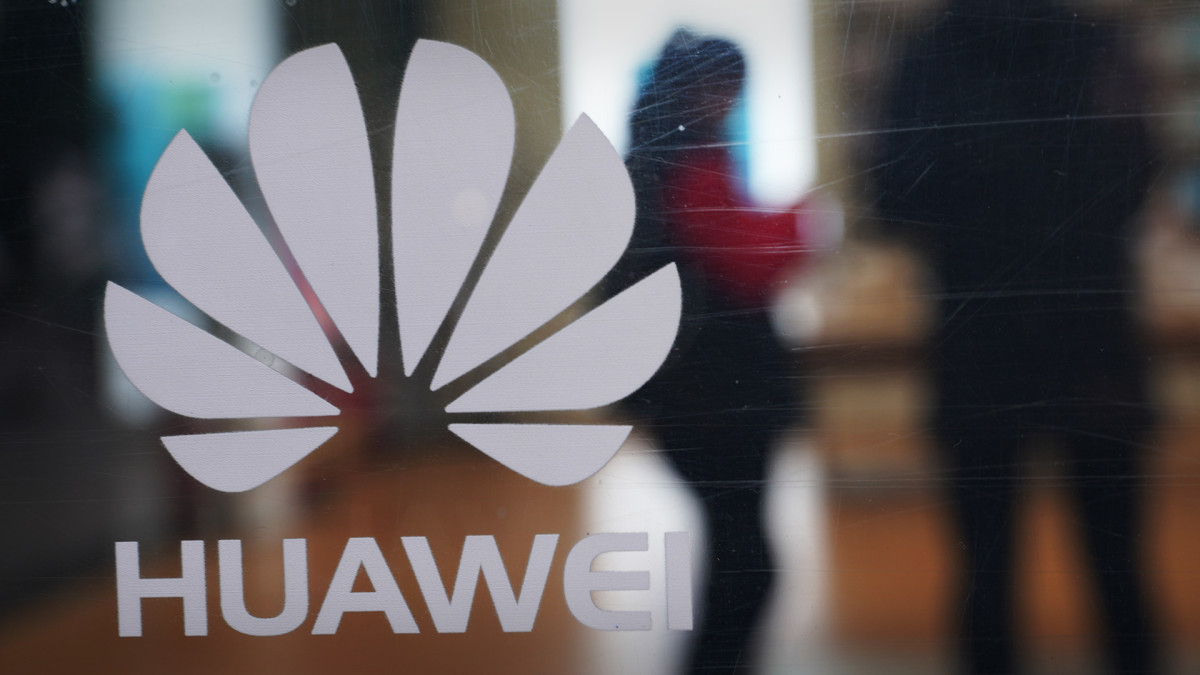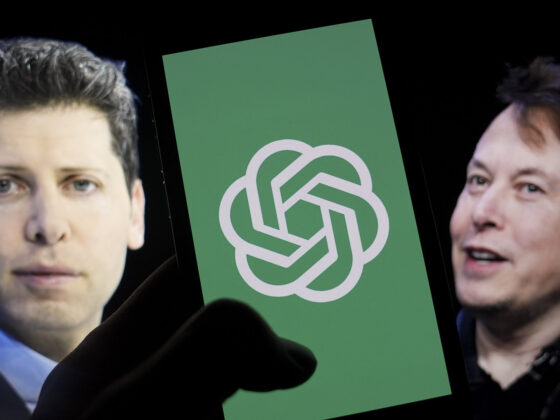Nvidia and AMD recently made a deal with the U.S. government to get restrictions on selling their less advanced artificial intelligence chips to China removed. The companies agreed to pay the government 15% of their revenues from chip sales to China.
It's quite likely that this deal is “beautiful,” but I'm not sure it is entirely legal. The U.S. Constitution forbids export taxes, Article I, Section 9, Clause 5: “No Tax or Duty shall be laid on Articles exported from any State.”
The likely loophole for this deal is that since the chips are made in Taiwan, they are technically not exported from the U.S.
What an unexpected turnaround, from banning chips to prevent China from winning the AI war — pardon, race — to these chips no longer being a problem for national security because they'll bring lots of money to the government.
Related: Semiconductor CEO sends bold message on the industry
Either exports of less advanced AI chips don't pose a national security problem and shouldn't be taxed, or they pose a security problem and shouldn't be allowed.
The “pay us the cut of your sales” middle ground the U.S. government is taking makes the whole thing look suspiciously like racketeering. Or is this just signaling that national security is for sale?
Whatever this deal is, China is looking to make it less attractive.
Image source: Shutterstock
China recommends local companies steer clear of Nvidia AI chips
Chinese authorities have warned local companies against using foreign AI chips, with a special focus on Nvidia's (NVDA) H20 chips. The guidance concentrated on national security-related work by state enterprises or private companies, reported Bloomberg.
There are two reasons for China doing this. The first is that it fears Nvidia chips could have backdoors/spyware. Of course, Nvidia denied this.
Another reason is that China is trying to protect its own tech companies, with a little bit of tit for tat.
The U.S. has banned Huawei since 2019 because of security concerns. The latest ban it has imposed is on Huawei's Ascend 910C chips, which are considered competitors to Nvidia's H20.
Related: Nvidia move deals a major blow to AMD, Intel, and ARM
Letting Nvidia and AMD (AMD) sell as many chips as they can would hurt Huawei. China isn't implementing a complete ban. It is just sending warnings to specific organizations because Huawei can't produce enough chips to fulfill the demand, so this partial approach is trying to achieve the best possible result.
Considering that tariffs and bans are changing as quickly as the weather, who knows what will really happen or whether restrictions imposed by China will have any effect whatsoever.
Who cares about AI chip restrictions when there is a black market?
On August 5, the U.S. Justice Department announced that Chinese nationals were arrested and charged with illegally exporting tens of millions of dollars' worth of AI chips to China.
The two individuals smuggled advanced Nvidia H100 chips and other technology to China from October 2022 through July 2025, reported CNN.
This is one instance where law enforcement caught the offenders, but a report by Financial Times estimated that at least $1 billion worth of smuggled high-end Nvidia AI processors have ended up on the Chinese black market.
More Nvidia:
- Nvidia software bug a critical risk for companies using it for AI
- Nvidia AI outlook resets after Meta Platforms, Microsoft update plans
- Morgan Stanley slaps eye-popping price target on Nvidia stock
Nvidia stated that making data centers from smuggled products isn't a sound idea from both a technical and an economic perspective. “Datacenters require service and support, which we provide only to authorized NVIDIA products,” Nvidia told CNBC.
According to an investigative journalist's report, smugglers describe Nvidia's attitude as: “Open one eye, close one eye.”
PC hardware reviews YouTube channel Gamers Nexus investigated the GPU black market in China over several months, and its documentary about what it discovered will be out on August 15.
Related: Leaked data shows Nvidia taking page from Zuckerberg's playbook













